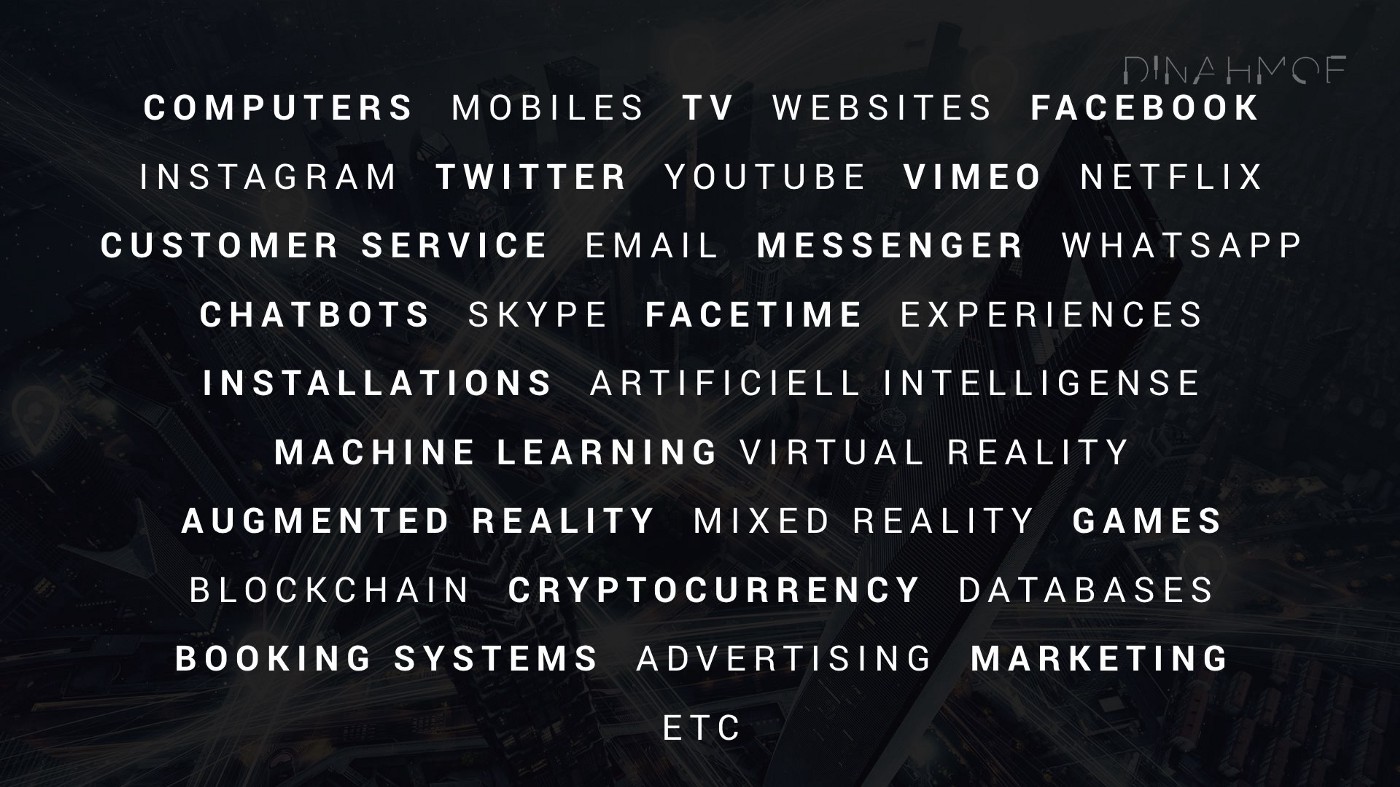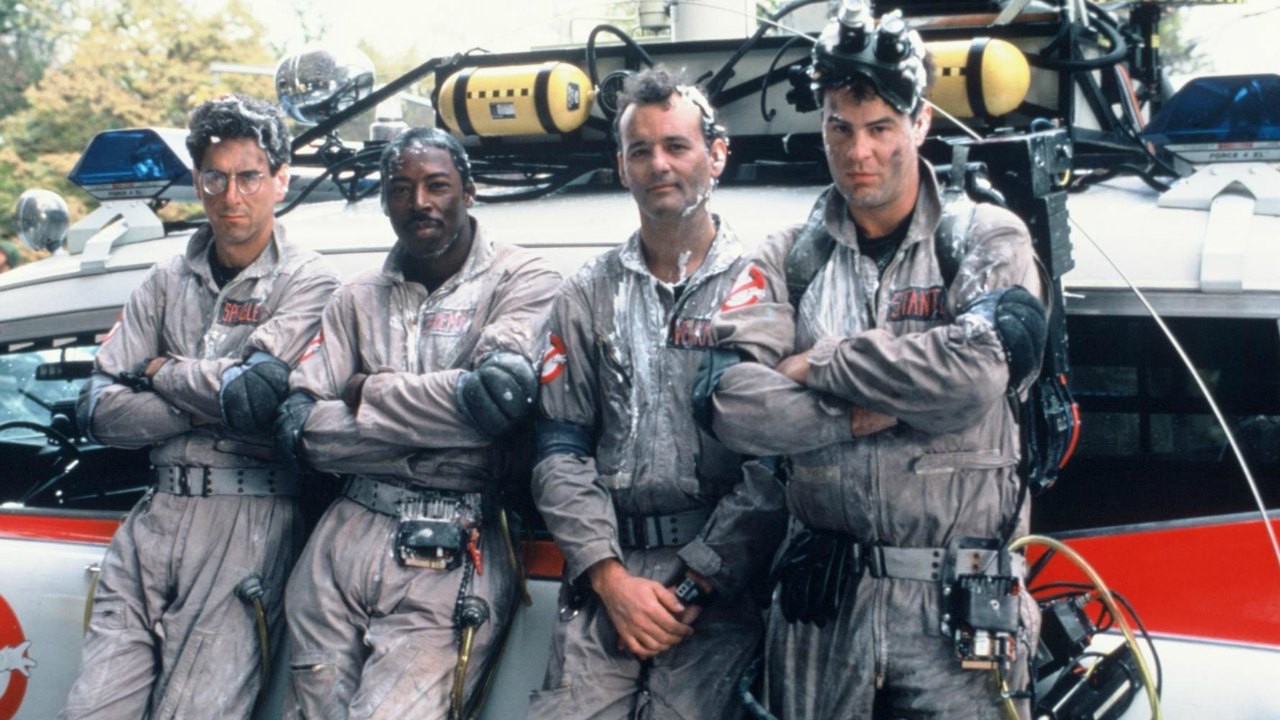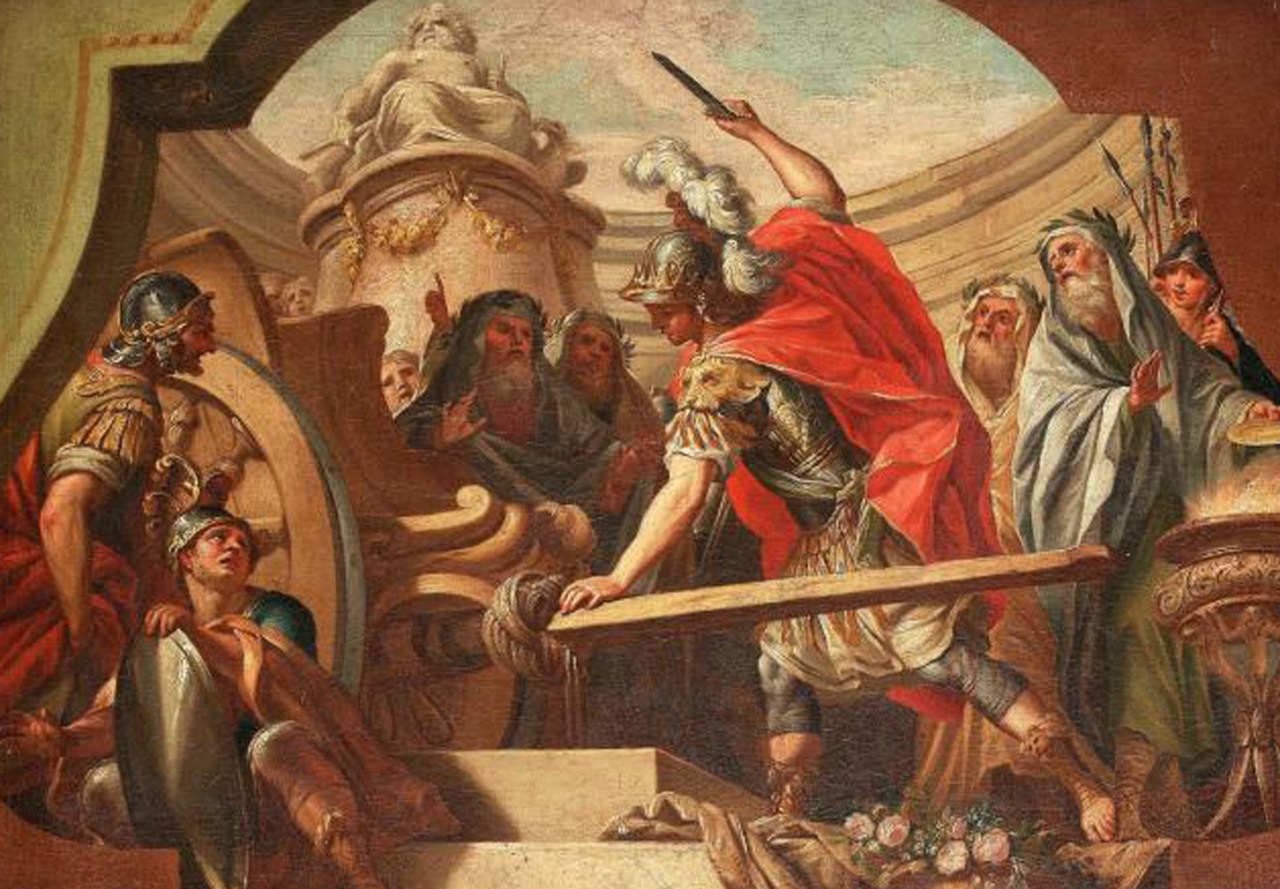Epilogue (?)
February 15th 2018 I had the honor to do a presentation for a crowded hall at an event arranged by IdeK. The theme was “Reimagining the museum experience” and I talked about digital and how I think it fits into the world of museums.
It was a great opportunity for me to spend some time thinking about museums, what they are and what they could be. For me museums are the guardians of the stories that Hollywood motion pictures are built on. Take almost any museum and you have a hundred great movie scripts without even trying. That is how awesome museums are or could be!

My plan was to do an adaptation of the presentation, but when going through my keynote I realized that I did not even mention the museum experience. I did not spend much time on digital either, I just used it as a pretext to talk about something much more fundamental…
I don’t think we can reimagine the museum experience without reinventing the museum itself. So I changed the title, split the original presentation into several parts, you can find part 2 here and part 3 here, and eventually I will also get to the actual experiences. But first let’s lay the foundation.
Prologue
I think most people are aware of the importance of technology in our lives. Being visible in the digital world is essential for all companies including museums.
But what does that mean? And how do you get there? It is easy to get overwhelmed, so much to learn and so little time. I want to suggest an alternative way of looking at both digital and museums that makes this digital transformation less complicated, less about technology and much more creative.
As usual I am generalizing and simplifying, I am way over the ideal 5 minute read already. Everyone reading this come from their own starting point so it is made in a “catch ’em all” kind of way, if you feel I am stating the obvious, please bear with me, hopefully you’ll find something of value along the way.
Agree of disagree? Looking forward to hear your thoughts in the comments! And off we go!
The Digital Revolution
“The digital revolution is far more significant than the invention of writing or even of printing.”
The words are from Douglas Engelbart, internet pioneer, pretty bold statement one might think. But today we spend more than 50% of our time in front of a screen. Imagine that! More time than we spend focusing on our physical reality! I will not even touch the question whether its good or bad (it’s bad!), I am just stating how it is.
So what does this mean for a museum? The first contact with a museum is almost always digital, and for many it might be the only contact. Even the most passionate museum visitor spends infinitely more time in the digital world than on a museum.
It seems safe to say that digital is profoundly important for museums.
What is Digital?
But what does it mean, what is actually “digital”? Well, almost everything!

Everything that involves a screen or device is digital. Digital has become such a big part of our lives that we don’t even think about it, like air. But if you stop for a second and let it sink in, almost everything is digital!
Have a look at the list above again. What do you feel? Do you feel excitement and just can’t wait to get started? Or do you think “Do we really have to?”. If it is the latter I wouldn’t blame you. The digital landscape is for most people intimidating and overwhelming, and almost everyone struggle with what it means and what to do.
So do we really have to?
Well, Internet wasn’t a fad, quite the opposite, it has been a true revolution the last 20 years and the digital evolution shows no signs of slowing down. So yes, “we”, i.e. museums and companies alike,” have to”.
This isn’t about staying relevant, a museum experience can be more relevant than ever before without any digital presence. No, this is an existential necessity. If you are not present in the digital world, how are people even going to find you?
Let’s assume that I am right, how did this help? “I was worried about content for our Instagram feed but now I have to think about the whole digital world?!?”. I actually have a plan for where I am going with this, but let’s go down the rabbit hole a bit more. Let’s get some help and…
Call in the experts?

Of course there are experts that know these things right? But how do you even chose which expert to trust when you hardly understand what they are talking about? And how much will it cost? And will someone actually use it?
There are a lot of people that have deep knowledge in digital. The problem is that digital is so many things that the experts have to specialize. They are all in their own silos and you would have to talk to a bunch of them to even get close to get the whole picture.
What about the visionaries?
But surely there are visionaries out there that can help out? What are the visions for the future museum, how does digital fit into that picture? Surely that must be a very important question to discuss!
I found an article on Tate Modern aptly titled What is the museum of the future? 17 diverse and prominent voices gives their view, very interesting read.
“Digital” is mentioned two times. In passing.
Don’t get me wrong, there are lots of interesting ideas for specific digital initiatives, exhibitions, installations out there, but the discussion about how digital fits into the bigger picture seems not to be the topic of the day.
Total Creative Block
Ok, so now I have wasted the first 500 words on making everything sound totally impossible. I am sure you are very grateful 😜! In a (slightly exaggerated) nutshell: we have to create a digital presence in a infintely complex and rapidly changing universe, and no one is there to help!
However, there is another way of looking at the challenge but it requires some tweaks of our mindset.
The Gordian Knot

“If something feels complicated then we are probably doing it the wrong way”
Whenever there is a problem that seems unsolvable I always look for a new angle. Some problems are only big from where you are looking, moving a bit to the side might look totally different, and suddenly the solution is obvious.
So let’s move a little to the left and have a new look. Is there a way to look at the challenge where what we DON’T know becomes less of a problem? I would argue there is!
How about that for a cliffhanger? Don’t worry, here is part 2!
